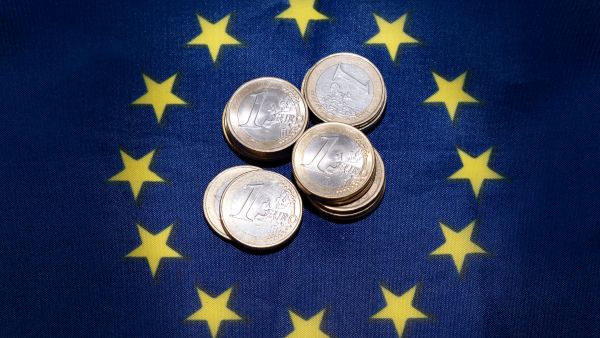The Socialists & Democrats in the European Parliament today hosted a major debate on boosting growth, reducing inequalities and preventing a new eurozone crisis. The conference, focusing on ‘Reconciling economic growth and social progress’, was organised as part of the S&Ds’ Progressive Economy initiative and brought S&D MEPs together with leading figures such as European commissioner Pierre Moscovici, former Danish prime minister Poul Nyrup Rasmussen, chair of the Party of European Socialists’ ministerial group on labour and social affairs Nicolas Schmit, and director of the International Labour Organisation’s research department Raymond Torres, as well as experts and representatives from the European trade union movement and social NGOs.
Maria João Rodrigues MEP, S&D vice-president responsible for economic and social policies, said:
"Europe’s economic policy mix now includes greater investment, but more needs to be done to reduce social inequalities and boost domestic demand. We also need to redefine the agenda on structural reforms and connect it better with investments in human capital, innovation, sustainable energy, digitisation and properly functioning public services.
"The eurozone is on the verge of deflation and reforms cannot mean just cost-cutting.
“The third and perhaps most complicated challenge is to complete the Economic and Monetary Union. We need better co-ordination of national policies, more focus on growth and social cohesion, and greater sharing of budgetary risks.
"Europe also needs stronger political integration, ensuring proper democratic accountability for economic policy decisions which impact on people’s lives. The Socialists & Democrats will fight on all three of these fronts to ensure serious progress can already be achieved this year."
Drawing the first conclusions from the conference, Frank Vandenbroucke, a professor at Leuven (Belgium) and Amsterdam University stated:
"The problem of Europe is its internal imbalances and growing inequalities. To address this, we need a consensus across Europe on the kind of social model the eurozone has to serve."
For more information, please visit the Progressive Economy website: www.progressiveeconomy.eu
Related content
Find out more







